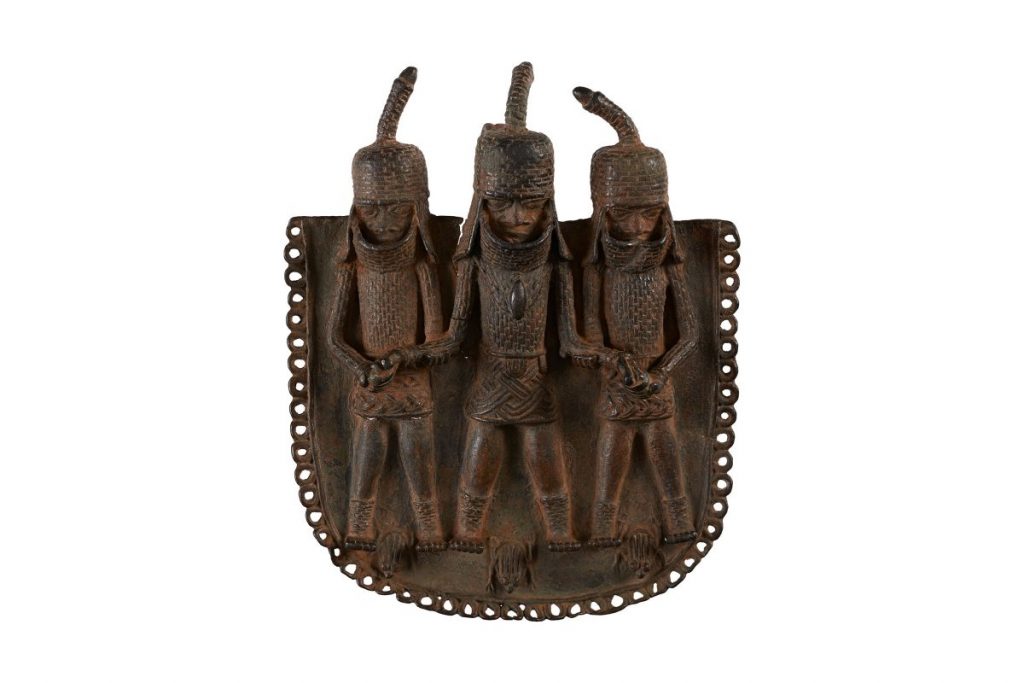
The link between the Parthenon Marbles, the Benin Bronzes, and the UK’s Charities Act 2022
The UK’s Charity Committee approved the request of Cambridge University’s Jesus College and London’s Horniman Museum to return the Benin Bronzes in their collections to Nigeria.
By Eirini Stamatoudi*
British actor, comedian and writer Stephen Fry [long a fervent champion of the return of the Parthenon Marbles to Greece] once quipped that if Britain were to return the sculptures, it will have made a “classy gesture”,
It would, I might add, perhaps bolster the humanitarian profile that has been of substantial concern in the UK over the last years, particularly because of its past history of intense colonisation.
A few months ago, the UK’s Charity Committee approved the request of Cambridge University’s Jesus College and London’s Horniman Museum to return the Benin Bronzes in their collections to Nigeria.
They are relief sculptures made of a brass and bronze alloy, sculpted between the 13th and 16th centuries CE to grace the palace of the Kingdom of Benin.
The sculptures were removed by British soldiers in 1897, when they invaded Southern Nigeria to repress the resistance of residents to British colonial rule.
The request for the return of the Benin Bronzes was submitted based on Charities Act 2011.
In February, it was replaced by Charities Act 2022.
It provides that national museums, including the British Museum, can proceed with the return of antiquities through ex gratia transfers, due to moral obligation, regardless of the 1963 British Museum Act, which forbids the removal of objects from its collections.
The immoral removal of a cultural artefact from its country of origin may constitute a case of such a moral obligation.
For objects of great value, such as the Parthenon Marbles, a specific procedure is provided, along with the consent of the Charity Committee, which approved the return of the Benin Bronzes
In such cases, the Committee requires “clear and objective” evidence, which is submitted along with a written statement of the trustees of the museum that submits the request, offering their strict assurance that a moral obligation exists, based on a “reasonably held belief”.
Moreover, last August Arts Council England issued a document entitled “Restitution and Repatriation: A Practical Guide for Museums in England”, that provides guidelines for the return of cultural treasures.
It is clear that the competent authorities view returns as conventional, and not as something that opens a Pandora’s Box. On the contrary, they are seen as mandated by justice and morality.
The Guide refers to the moral evaluation of a request, which must take into account the following criteria:
1. The importance of the object to whoever is submitting the request
2. The circumstances under which the object was removed from its place of origin
3. The actions of the museum pertaining to the object
4. In what capacity someone is submitting the request
If one takes into account the importance of the Parthenon Marbles for Greece, where the state has been demanding their return for decades, and the circumstances under which they were removed from Greece, and adds to that the damage caused by the British Museum at various points, especially its move to “whiten” [removing their original patina] them, one can plainly see that Greece’s request for the return of the Marbles meets all four preconditions.
However, neither the Arts Council England Guide nor Charities Act 2022, oblige the British Museum to return any object.
The decision depends on its [the Trustees’] discretion.
What is certain, however, is that Britain’s constant refusal to enter into a dialogue on the issue with Greece – despite the fact that public opinion supports the return of the Marbles (as recent polls in the UK show), despite recent articles in the British press that favour the move, despite international pressure, and despite constant interventions on the level of the Greek prime minister – isolates the UK and makes its stance seem inconsistent with all that it stands for on the humanitarian level.
* Eirini Stamatoudi is a lawyer and professor of Intellectual Property Law and Cultural Heritage Law at the University of Nicosia, Cyprus
Ακολουθήστε το in.gr στο Google News και μάθετε πρώτοι όλες τις ειδήσεις




![Άκρως Ζωδιακό: Τα do’s και don’ts στα ζώδια σήμερα [Πέμπτη 26.12.2024]](https://www.in.gr/wp-content/uploads/2024/12/pexels-353989-980859-315x220.jpg)










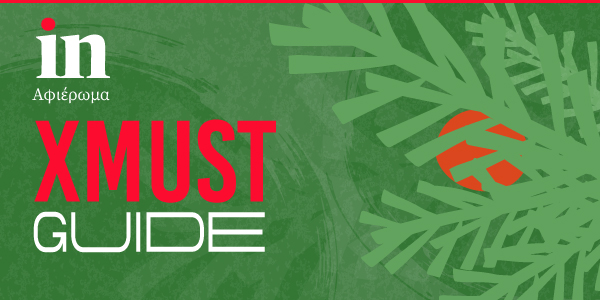














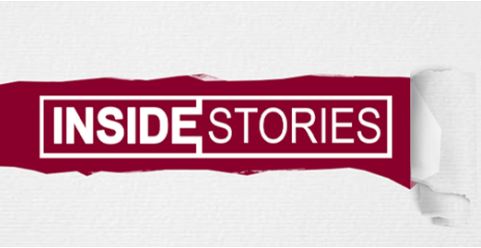


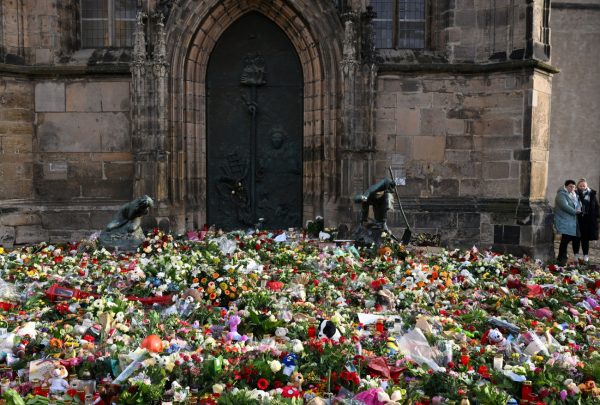

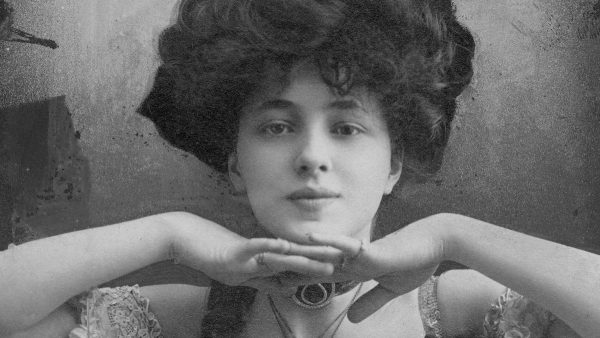



 Αριθμός Πιστοποίησης Μ.Η.Τ.232442
Αριθμός Πιστοποίησης Μ.Η.Τ.232442